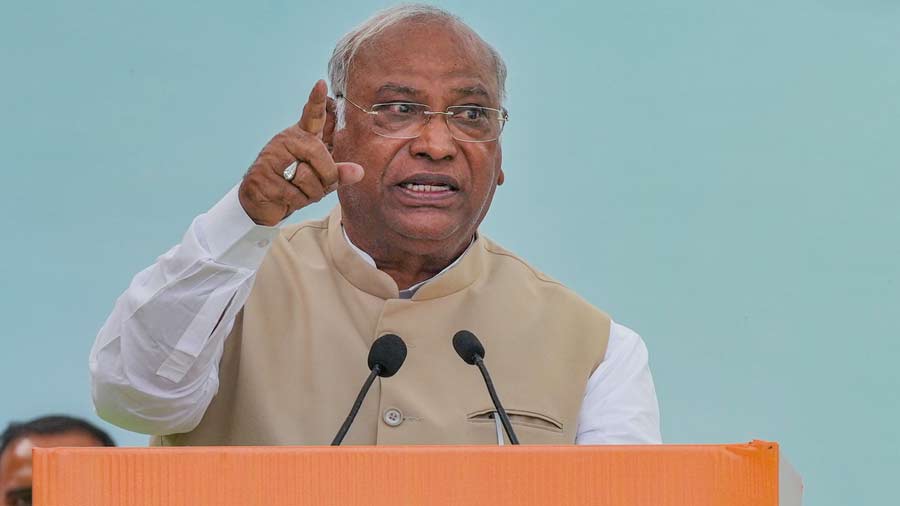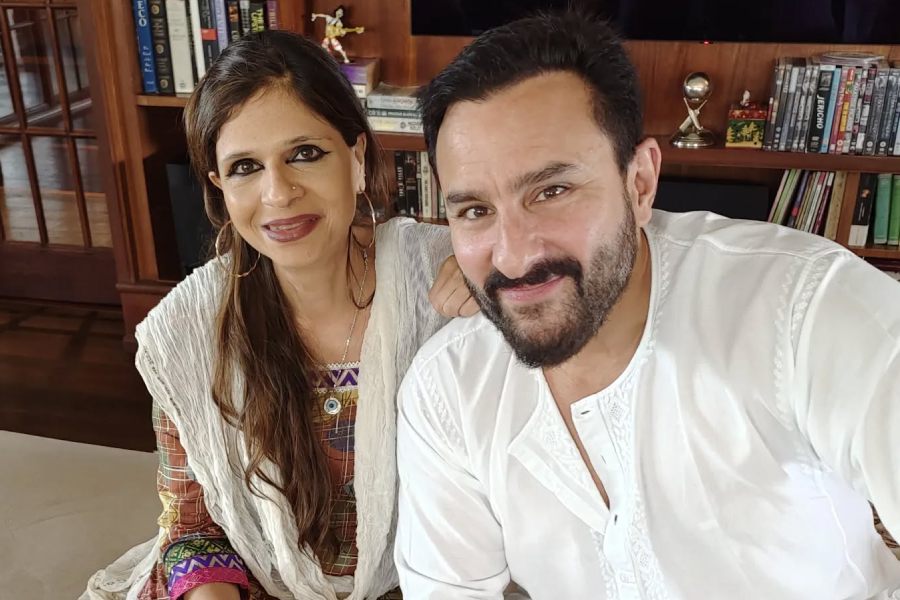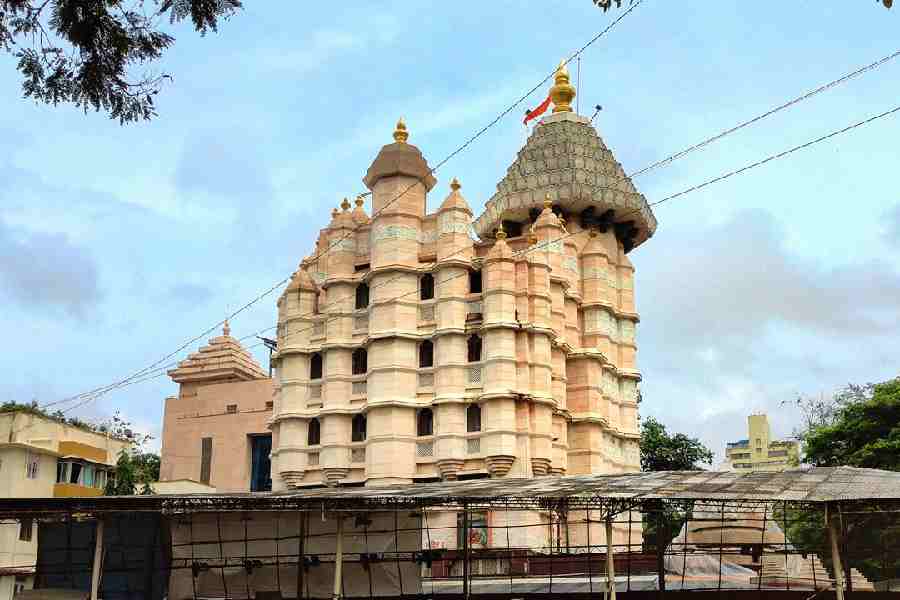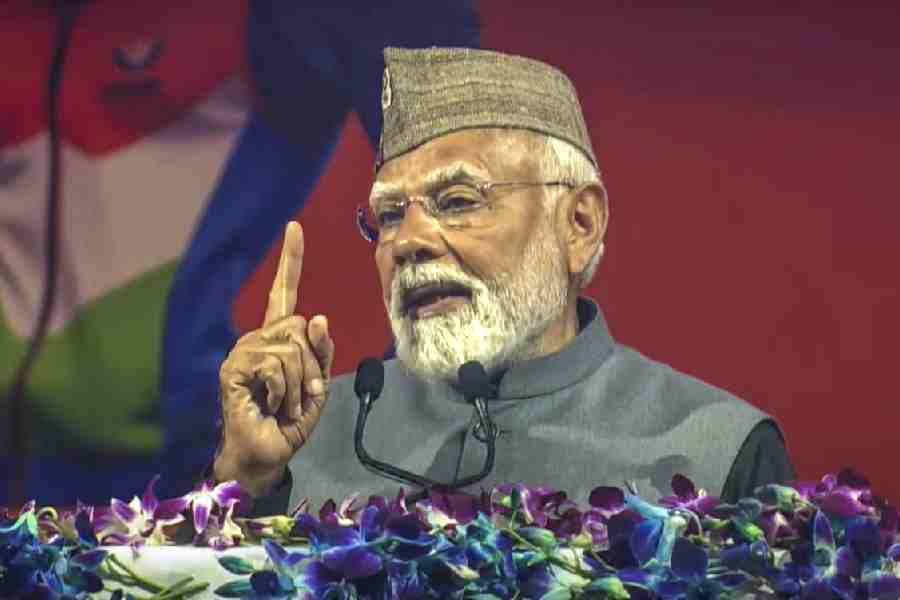The baton of presidentship has finally passed — from a Gandhi to a non-Gandhi — in the Congress. Yet, Mallikarjun Kharge, the newly-minted Congress president, would do well to study the political acumen demonstrated by Sonia Gandhi, the former president, in the course of her years in the saddle. Consensus and deliberations were the hallmarks of Ms Gandhi as a leader and the initial days of the United Progressive Alliance, which brought the Left and the Congress together, were a testament to this. Her advocacy of welfarism of the marginalised, manifest in some pathbreaking legislations some of which have survived, was another accomplishment. The UPA’s return to power in 2009 was undoubtedly facilitated by these welfare measures and the Congress under Mr Kharge could revisit these modules of kindling electoral support.
Mr Kharge, of course, inherits a completely different political situation as well as some of the Congress’s unchanging, embarrassing warts. His principal task would be to resuscitate the Congress’s link with the masses that has dwindled. An important reason for this has been the party’s inability to project a vision and a sensibility that resonate with India’s changing demography and politics. A New Congress, in terms of policy and programmes, is thus the need of the hour. Of course, this does not mean the jettisoning of principles that make the values endorsed by the Congress synonymous with the foundational ideological template of the republic. It is therefore heartening to see that Mr Kharge has picked up the ideological gauntlet with gusto, highlighting the regressions that a pluralist India has suffered under Narendra Modi’s regime. An equally formidable challenge for Mr Kharge would be the divided house that is the Congress. Embedded factionalism has led the party to lose governments in states through defection, further eroding its public support. Already, there is speculation about Mr Kharge’s ability to work seamlessly with Rahul Gandhi, the tallest leader of the party. But Mr Kharge’s elevation could work to Mr Gandhi’s advantage, freeing him to engage with initiatives of public mobilisation, leaving the president to deal with organisational intrigues. Mr Gandhi’s record as president, after all, was not exactly enviable. The passing of the presidential sceptre in the Congress is being hailed as an important change. But it remains to be seen whether this transformation is meaningful and collective.











